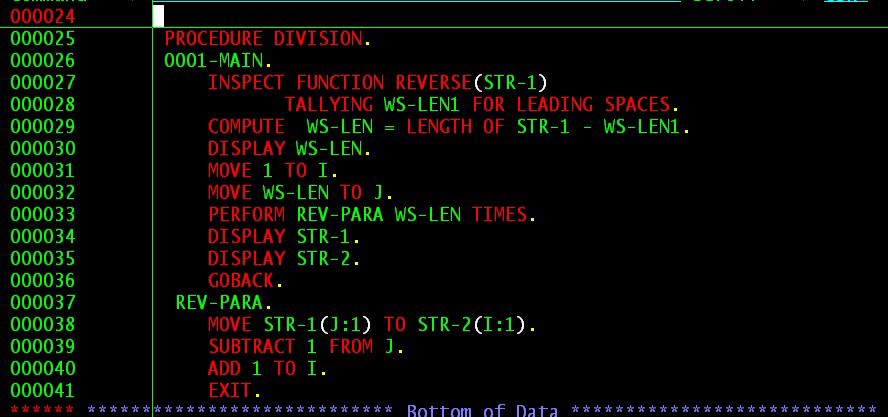As the ongoing Wuhan Virus pandemic goes on a rampage, the state of New Jersey in the United States has a peculiar problem. Governor Phil Murphy at a press conference earlier said that the state needs volunteers who possess “Cobalt” programming skills. He was talking of course of COBOL.
Common Business Oriented Language, or COBOL was a programming language introduced in 1959 as a way to write computer programmes for people who didn’t posses an aptitude for coding but had a reasonable command over their English. Of course, I studied COBOL in 2011 in Coimbatore in a class where not everyone knew English. But then, we’re a nation of non-native English speakers.
In a blog post for Coding Horror, Jeff Atwood stated that in 2009, around 220 billion lines of COBOL existed. That’s a crazy amount of COBOL programs (considering the fact that COBOL programmes are way longer than their equivalents in other conventional languages). COBOL systems handled millions of transactions, connected mobile phones, transported shipping containers and controlled air traffic! This is as recent as 11 years ago.
In fact, in 2017, a firm named Expeditors based out of Seattle, Washington was hiring COBOL developers to run a logistics platform!
This kind of Legacy Tech, would have cost a lot in investment and would have cost a lot more to upgrade at a later stage.
Now, to be honest, getting hold of a COBOL programmer in India isn’t that difficult. Several universities had COBOL till the as far as five years ago.
The point is, COBOL and also Fortran are extremely outdated languages, thus making it difficult to provide upgrades to features. Any new feature would have cost heavily in hardware upgrades. Let’s be glad, we got too the scene a little later.
Note: This was meant to be a much longer post but kept getting delayed so I put it out as it is.
Featured image: Cobol by Yvan Scher
![]()

